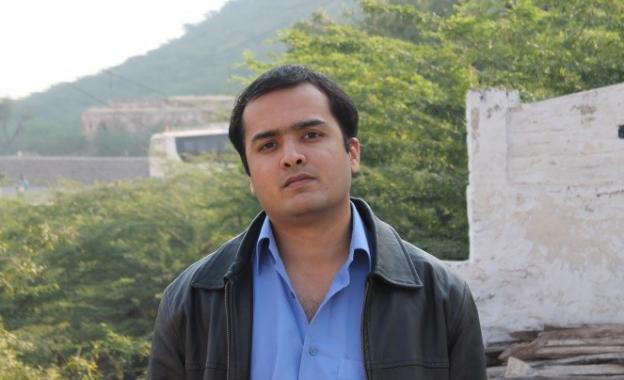
During a recent study, Talha Manzoor, PhD candidate of Electrical Engineering at LUMS, and his supervisors Dr. Abubakr Muhammad, Associate Professor of electrical engineering at LUMS, and Dr. Elena Rovenskaya, Programme Director at the International Institute for Applied Systems Analysis (IIASA), Austria, have recently published their research titled “Game-theoretic insights into the role of environmentalism and social-ecological relevance: A cognitive model of resource consumption” in the journal, Ecological Modelling, a top journal for modelling of complex ecological systems.
The dissertation explores human behaviour in complex socio-ecological systems and the conditions under which society behaves optimally in order to ensure sustainability. The published study employs research from social psychology to form a mathematical model of consumer behaviour in such systems. This new perspective, called human-in-the-loop-control, treats human beings as fundamental components of the system which can adapt to changes in the surrounding environment. This is in contrast to the conventional treatment of human behaviour as either disturbances or exogenous inputs. The mathematical model is then used to identify requirements for sustainability using the principles of game-theory.
“The insights from such mathematical models go beyond the mundane demands of predictability and practical decision making,” commented the student’s PhD supervisor, Dr Abubakr Muhammad and Director for the Centre for Water Informatics & Technology at LUMS. “The real beauty of this work is how cleverly Talha has linked two disparate disciplines using a common language: one dealing with how natural resource get depleted or replenished and the other that explains how people influence each other in making decisions about consuming those resources. Now, you can play out scenarios in imaginary societies and watch common pool resources like fisheries, forests or groundwater collapse or sustain. The framework allows you to explain a tragedy in terms of collective decision-making and social networking.”
Subsequently, the authors have analysed the model in an optimal control framework and are currently incorporating the topology of the underlying social network to investigate how the analysis can be simplified through tightly knit communities present in the society. On a separate plane, they are also exploring how the theory of learning in games can be applied to determine how society is able to adapt to changes in the environment around it, hence closing the feedback loop.
The work has emerged out of a fruitful and ongoing collaboration between LUMS and IIASA which has resulted in multiple research visits, knowledge exchange and publications. A press-release on the IIASA website can be found here. The overall approach, its implications and the prospect for cross-disciplinary engagement, are extremely promising, with its potential for affecting policy, regulation, and societal-level human-in-the-loop systems.










